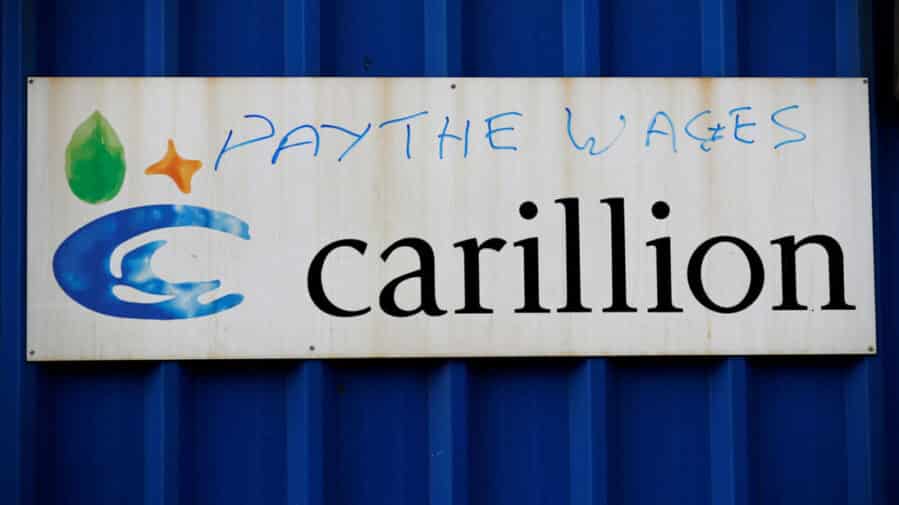

THE COLLAPSE of Carillion and the recent National Auditing Office report have put Private Finance Initiatives (PFI) under the microscope once again. The popularity of such schemes has dwindled in recent years but since the contracts tend to last 25-30 years they still cost the tax-payer £10bn a year with roughly £200bn still to pay.
PFI is a way the government finances infrastructure projects, hospitals, schools, council buildings and then leases them; plus outsourcing to a private company the subsequent maintenance and other services (e.g. cleaning, hospital porters or school dinners).
PFI has been widely criticised for costing the government more money than if it simply built the schools and hospitals itself and for the inflexibility of the contracts, where the payments are fixed in a context of budget cuts, meaning that hospitals have to close wards, reduce beds and lay off staff in order to pay the PFI company.
In 1993, Labour’s Harriet Harman criticised the Tories for creating PFI and said that it was privatisation by the back door. Yet New Labour quickly came around and the majority of PFI contracts were created in the Blair years. Today’s Labour leadership are long-term opponents of privatisation and Shadow Chancellor John McDonnell told the party conference back in September that:
“We have already pledged there will be no new PFI deals signed by us in government. But we will go further. It is what you have been calling for. We will bring existing PFI contracts back in-house.”
But another Labour spokesperson hurried to allay the fears expressed by the CBI and business community by clarifying that, “Parliament will assess the appropriate level of compensation at the point at which contracts are brought back in-house”.
After the collapse of Carillion, Jeremy Corbyn criticised the government for continuing to award contracts to a company that was clearly on the verge of bankruptcy. However the Labour policy he set out marked a further retreat from McDonnell’s pledge, promising only to bring services back in-house if the contractor was considered “high-risk”, and even then they might allow other firms to tender for the contract.
A Labour government should act in the interests of the many and not private interests of a few. In the case of PFI the choice is clear. The contracts are millstones around the necks of our schools, hospitals and libraries, foisted on us by a succession of pro-privatisation governments. The parasites have had their money – in the last six years PFI companies have made over £800 million in profit from public sector contracts.
Labour should bring all PFI contacts in house and not pay a penny in compensation.